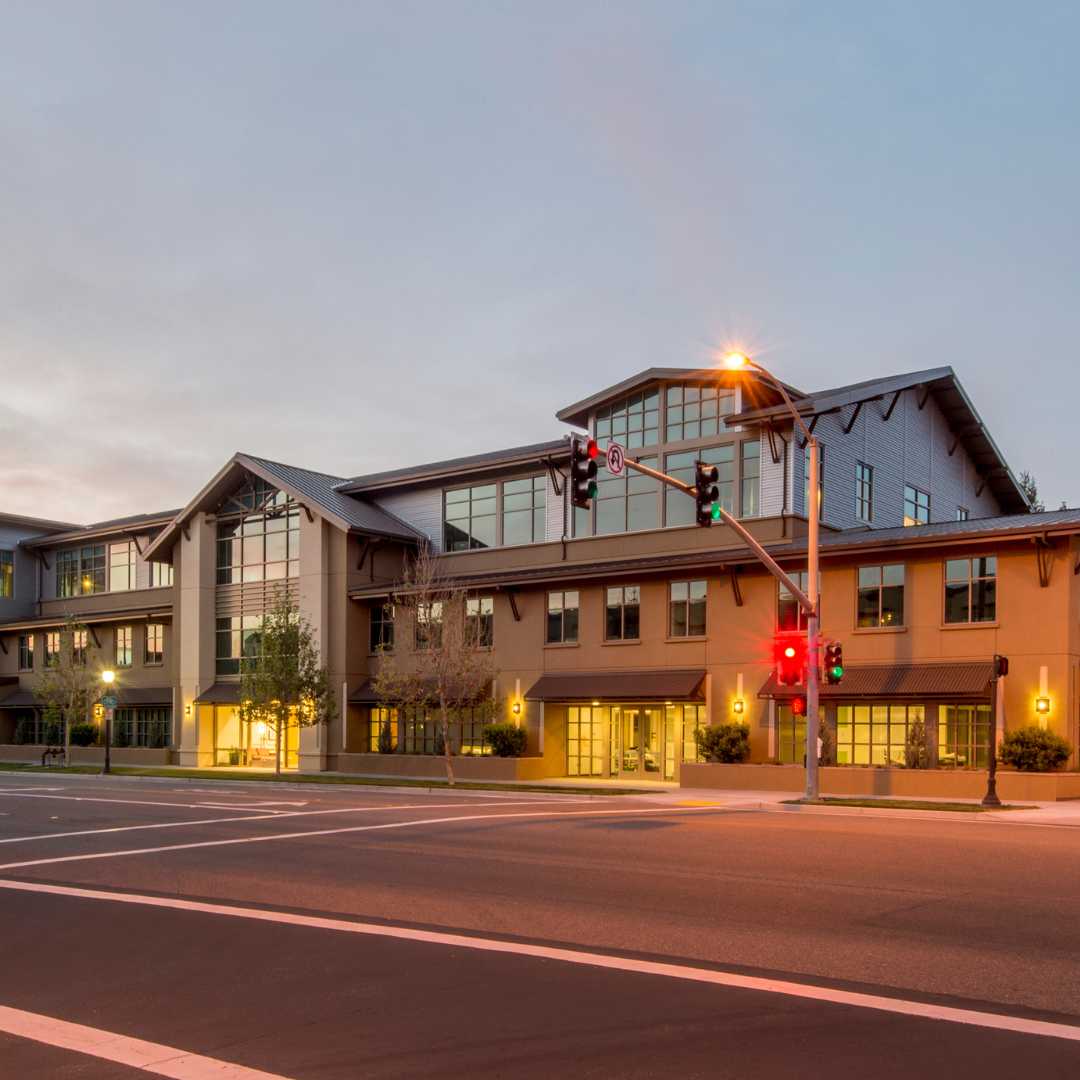COMMERCIAL BRIDGING
HOW DO COMMERCIAL BRIDGING LOANS WORK?
WHEN WOULD YOU USE A COMMERCIAL BRIDGE?
How do Commercial Bridging Loans differ from a Commercial Mortgage?
Speed – a commercial bridge can be arranged in a matter of weeks, whereas a standard commercial mortgage can take longer to arrange.
Interest rate – generally you will find the interest rates on a commercial bridging loan is higher than a commercial mortgage.
Term – a commercial bridge loan is classified as a short-term facility (generally 3-24 months). Standard commercial mortgages range from 5-30 years.
Underwriting – a commercial bridge will have a lot less red tape around property condition and income criteria. They are more flexible in their lending approach.
What can a commercial bridge be secured against?
- Retail Shops
- Offices
- Hotels / Guest Houses
- Factories/Industrials units
- Restaurants
- Care homes
- Professional Practices
- Pubs & bars
- Large HMO’s
- Land (with/without planning)
- Farmland
Who is eligible for a commercial bridging loan?
Commercial bridging loan - Interest rates
How much can you borrow?
We can help you arrange commercial bridging finance from £100,000 with no upper limit.
Your loan to value will depend on type of property, but we can go up to 75% for the right property. With additional security we can even get you a 100% lending (please note commercial bridging is classed as more high risk, so lenders will always want to ensure the deal and numbers make sense and the risk is limited.)

What fees are involved with commercial bridging?
When taking out a commercial bridging loan, the below fees will be applicable:
Lender arrangement fee – This fee is charged by the bridging lender and can be added to the gross loan amount. this fee is typically between 1-2%.
Broker fee– This is normally 1% of the loan amount, but is dependant on the deal and work involved. Normally paid in two instalments. A charge at application and balance on offer/completion.
Valuation fee – This fee is payable to a surveyor. The lender needs to have the property valued and assessed to ensure it is a suitable security. This fee is paid once your application is submitted. The cost will depend on the purchase price.
Legal fees – Generally the buyer is expected to pay both your own legal fees and the lenders legal costs. Normally a fee payable on account to the solicitor to start working and balance due on completion.
And possibly, depending on how your deal is structured:
Lender exit fee – Some lenders may still charge you a fee at the exit, however we are seeing this fee being removed as the market becomes more competitive. Some lenders still do charge this if the term is short. If charged, generally they are equal to 1 month’s interest.
What will you need to provide for a commercial bridging loan?
Speaking to one of our brokers couldn't be easier.
We always advise speaking to us in advance, giving us both an advantage to plan and ensure your finance application is correctly processed. It also allows us to plan and help you organise your finances (if need be).
If you would like an informal chat, please use the contact form on our site, drop us an email: enquiries@london-fs.com or give us a call +44(0)208427 5057.
We can run you through what paperwork will be required, discuss any questions you may have about obtaining a commercial bridging loan or you may just want a professional, independent opinion on the property you are buying. We can also discuss other commercial finance options.
In any instance we are here to help.

Our Autumn 2024 Budget Breakdown
Autumn Budget 2024: Key Tax Changes and Their Implications for the Real Estate

Navigating Commercial Investment Finance: A Comprehensive Guide to Buying Commercial Property in the UK
Investing in commercial property can be a rewarding venture, offering potential for substantial








